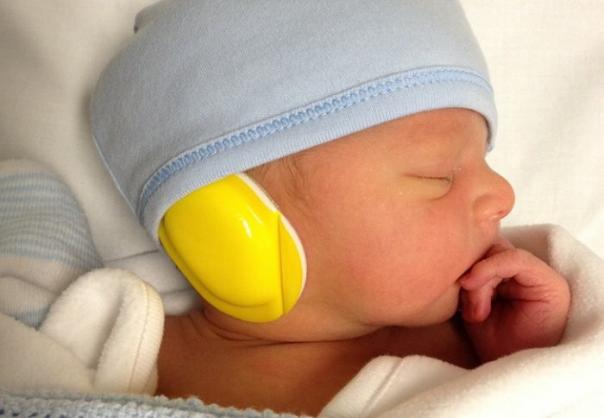
Researchers from Imperial College London found that although babies born to mothers with the condition had no differences in body fat content at birth, by two months old they had 16% more body fat compared to those born to healthy mothers.
Gestational diabetes affects around one in 20 pregnant women in the UK (and nearly one in 10 in the US) and results in a woman’s blood sugar levels becoming too high.
The condition, which can be controlled with diet, exercise and medication, usually starts when the woman is around seven months pregnant. Typically, it resolves soon after giving birth - though the woman may be at elevated risk of type 2 diabetes later in life.
Dr Karen Logan, lead author of the study from the Department of Medicine at Imperial, said: “Gestational diabetes is becoming more and more common, and babies born to these mothers are at increased risk of developing diabetes when they grow up. Therefore we need to understand what effects maternal diabetes has on the baby.
"This new study suggests diabetes in the mother can trigger changes in the baby at a very early stage."
The reasons behind the difference in body fat is unknown, but theories include changes in the baby while still in the womb that trigger increased fat storage once born, alterations in the mother's breast milk, or differences in the control of appetite in the baby.
Professor Neena Modi, from the Department of Medicine at Imperial and senior author of the paper explained: "The majority of babies in our study were breast fed, and previous studies have suggested that diabetes may cause changes in breast milk - so that it contains more sugar, fat or different levels of compounds that control appetite, called hunger hormones."
In the current study, which was funded by the charity Action Medical Research, the scientists scanned 42 babies whose mothers were diagnosed with gestational diabetes, and 44 babies born to mothers without the condition, as a healthy control group.
The research team asked the mothers to feed the babies, and once they were asleep they were given mini ear muffs and placed in a special moulded beanbag, before going into the MRI scanner.
The research was published in the journal Diabetes Care, click here for more information.